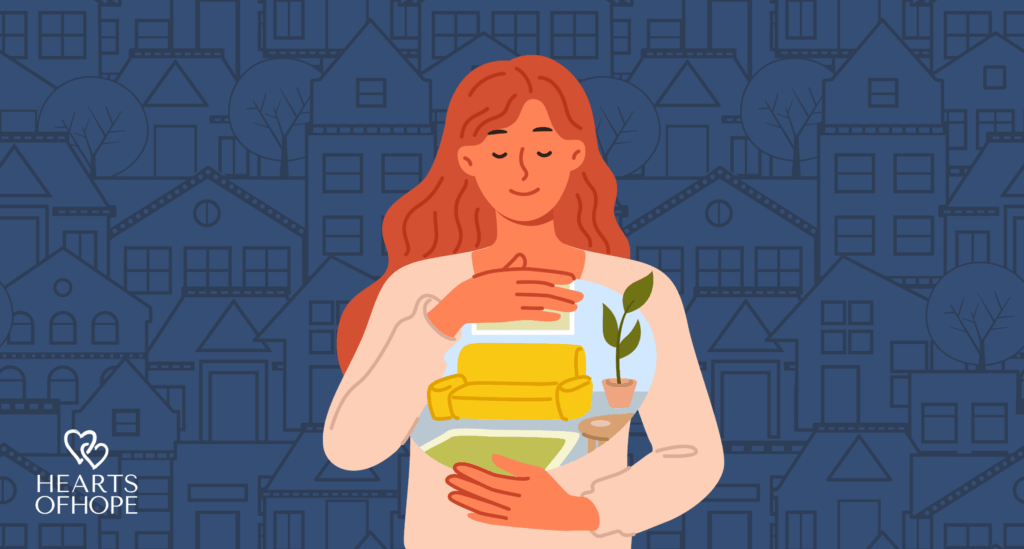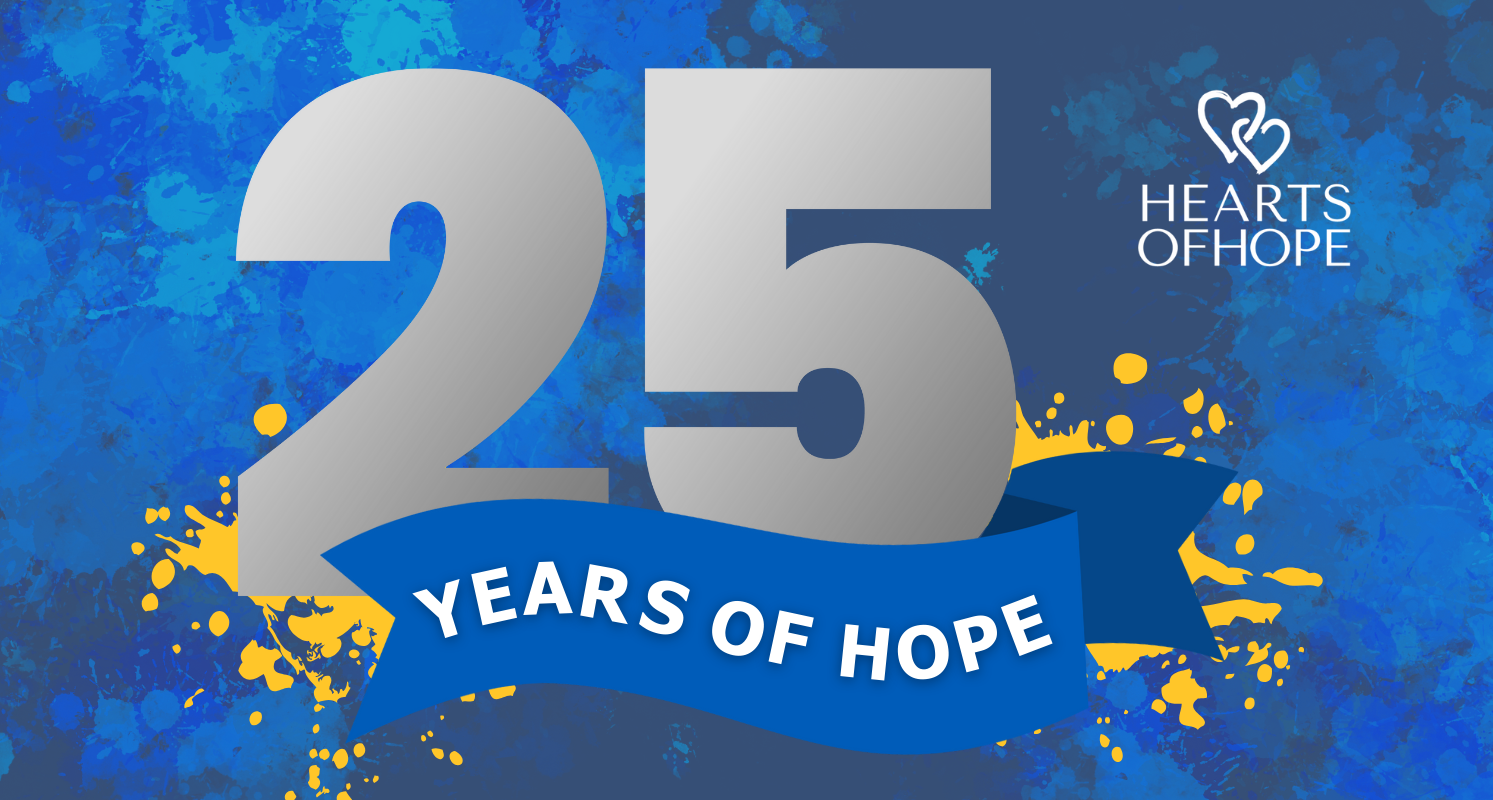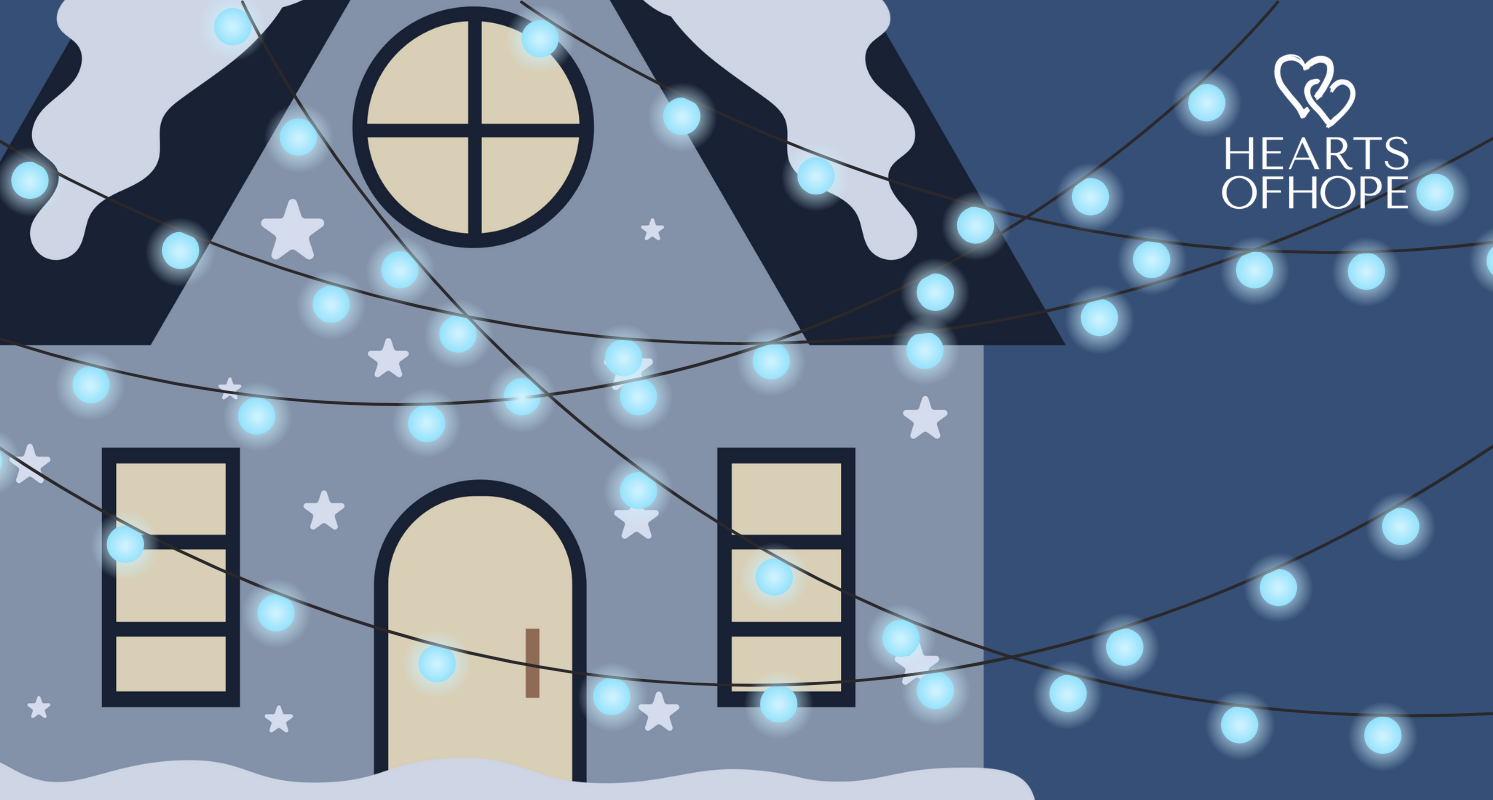Homesickness is a mini-grief

What bereavement and homesickness have in common
Can one form of grief be less significant than another? Here, we’ll explore how non-person losses, while sometimes perceived as “less-than” other forms of grief, can still feel the same.

At the Heart of It
• Homesickness shares many similarities with grief in how we experience it when a loved one dies.
• Moving forward from homesickness involves processing the absence of your old home and loved ones while embracing the fresh start of your new environment. It’s important to take breaks from both.
• It is reassuring to realize that, like the people we grieve, home stays with us in our hearts, no matter where we end up in life.
It was April of 2018, and my parents had finally sold the house after my grandfather’s death the previous Christmas. I was in my last semester of college, but I wasn’t on campus right now. I was in the Big Field with a shovel in my hand, staring at the house and in a state of utter distraction and avoidance.
My grandfather’s barn loomed behind me, as though it was watching me dawdle with his farmer’s scrutiny and telling me to dig deeper. I didn’t listen. I’d only broken the ground today because my mother insisted, despite my eye-rolls and complaints, that we both have a jar of dirt from her parents’ farm, to “remember our roots.”
And now she was calling to me from inside the house. It was the only home of theirs I remembered: a double-wide trailer bricked down and augmented with porches, sheds, and cellars. I took my time on the way in, picking at the bark on a familiar elm tree that had once been split by lightning down the middle. I took so long, in fact, that my mother called to me again. But I had my reasons for dawdling. I had left the house the night my grandfather died—cold and dark, but exactly as they lived in it. Perfectly theirs.
But now, my parents had already removed the armchairs and bookshelves, sorted through the pots and pans, and cleared the drawers of knick-knacks and random nails, and I didn’t want to see it. I wanted to cling to the final image of their home that lived exclusively in my mind.
To this day, that final walk-through of my grandparents’ house is what I picture when I think of homesickness. It’s a complex topic because it’s difficult to sort out what exactly you miss. A house? A smell? A person? A feeling of belonging, or a feeling of safety? All of it at the same time, and more? And it’s made more complicated by the various circumstances it can apply itself to. Sometimes, home is still right there, down the street; other times, like for my grandparents’ house, home will never be there again.
At times like those, homesickness feels less like wishing you could be somewhere and more like mourning for the fact that you can’t anymore. In her 2015 article published by the Association for Psychological Science, Dr. Margaret Stroebe of Utrecht University (Netherlands) proposed that “homesickness is fundamentally a ‘mini-grief,’ a separation, not new place adjustment, experience.”
A separation experience. A mini-grief.
This makes sense, when you stop to think about it. I had already gone four months down the road of bereavement for my grandfather, but, somehow, his house was more difficult to let go of than he had been. Which immediately made me feel guilty. But they were intertwined in my heart, the person and the place, braided together with familiarity and memory. And the part that was bothering me the most was the finality, the idea that we were loosening our grip on this house, this last piece of what my grandparents had, and we were doing it on purpose, because the only way to go is forward. It was weighty, irretrievable, and unavoidable. It was goodbye. And that felt an awful lot like grief.
Dr. Stroebe seems to agree.
“Like grief following bereavement, homesickness occurs in connection with separation from loved ones… Feelings of yearning and longing for these persons are paramount both in bereavement and in homesickness. Just as bereaved persons may long for lost aspects of their previous lives, so too, within the homesickness domain, longing may extend to the home environment, with some missing people, others missing various aspects of home more. … A consequence of both types of separation is also the necessity for adaptation to the changed situation: in the case of bereavement, to the world without the loved person; in the case of locating away from home, to the new environment and its various demands.”
Homesickness and Grief create similar experiences, like:
- Feelings of longing for loved ones
- Yearning for your previous life
- Forced adaptation to a new reality without familiarity
I would go farther, too, and say that sometimes we even grieve for ourselves—our past selves, the people we were when we were there. In my case, the happy, comfortable child I had been as I sat, feet caked in mud, on my grandfather’s knees.
But what strategies can we use to move forward from homesickness?
Stroebe encourages a back-and-forth approach called the Dual Process Model, in which “attention is paid to adjusting to the new environment as well as separating from home—and taking time off from coping with either type of stressor.”

Using this approach, we can give our thoughts and feelings permission to go back and forth between different types of challenges, giving our focus to one thing at a time without totally ignoring the others. It’s also important that we take breaks from both.
Some things you can do when you’re feeling homesick might be:
- Calling a friend or loved one you miss
- Eating at the same chain restaurant you had back home for a taste of familiarity
- Getting involved in your new community by giving back
- Trying a new hobby
- Cooking the meal that has always been your favorite, no matter where you called home
Just remember, amidst change, you are the thing that is constant. The most important connection to maintain is the one you have with yourself.
After my grandparents’ home was sold, I went back to my final semester in school. I connected with professors and fellow students on our shared interests and wrote papers about grief and loss. I gave time to my own grief, and I gave time to my new adventures. Back and forth, and sometimes I didn’t think about either of them, and instead I travelled to the mountains for my birthday. And it worked, over several months’ time. I graduated with a smile on my face. I didn’t miss my grandfather and his farm any less, but my life was full of new friends and places. And, ultimately, I found a path forward, not because I had to, but because I chose to.
And then, in the middle of one night that summer, my mind gave me a gift I will never forget.
One night in midsummer, I had a dream. In the dream, my grandparents’ home was back to its proper state. The temperature, the smells, every magazine and mismatched armchair—all were restored to perfection. In the dream, I was alone, in full knowledge of the fact that it was a dream, and I knew in my bones that the entire purpose of my time there was to scan and memorize into my more conscious mind every tiny detail I possibly could before the illusion faded once more. Every swipe of my palm on the formica counter. Every creak of the floor beneath my feet. The buzz of my grandmother’s hummingbirds. The tinkle of chimes on the porch.
I woke up with tears already forming. I rose and moved to a shelf full of knick-knacks and cradled in my hands my jar of dirt, and knew now that it was possibly my most precious possession in the whole world. By now, the house had been partially demolished, the barn sold, the lightning tree felled.
But I also knew that the place I remembered wasn’t gone in every way. That’s not how it works. The people we love, the memories we create, and the lives we live continue to be part of who we are. In the end, home is within us. Home is wherever we are now, because it exists forever in our hearts.
Home is us.
Pause for a Beat
• What is “home” to you?
• Have you ever felt homesick? What helped you cope with that kind of loss?
• How can we help others who are separated from their homes feel more welcome where they are?
Hope and Healing Toolbox
- Learn more about homesickness in this in-depth article by Skidmore College’s Counseling Center
- Try searching VolunteerMatch.org, a worldwide volunteer network that pairs volunteers with causes in your new community
- Use EventBrite.com and similar sites to find cultural events to make you feel at home


